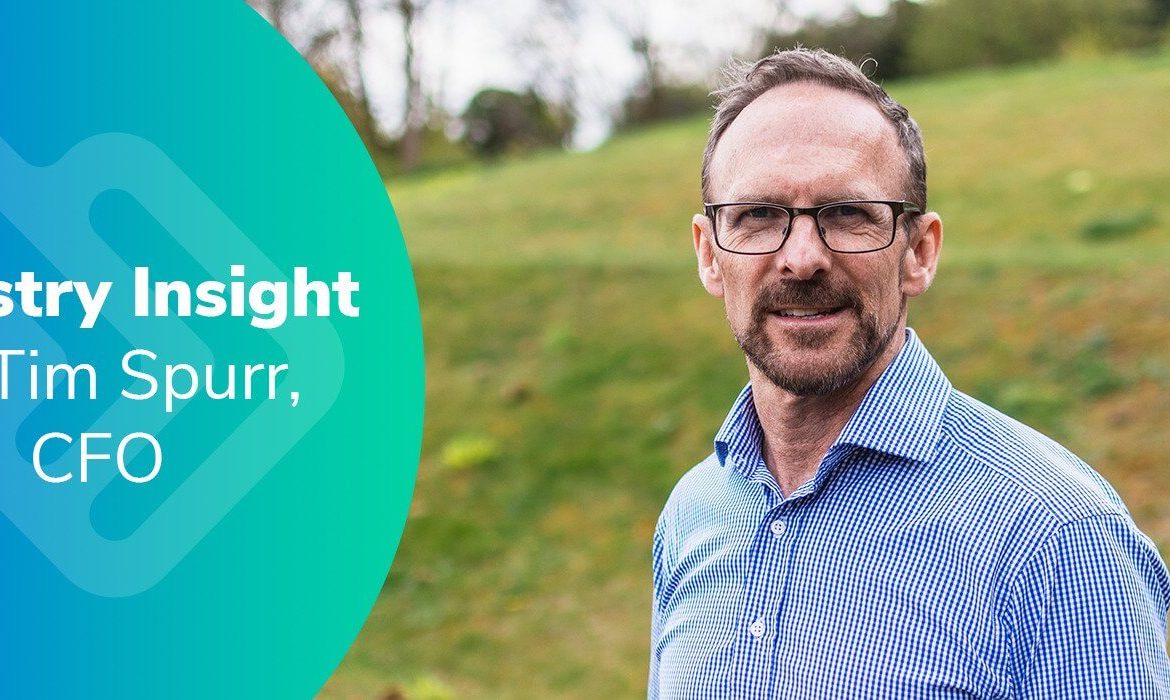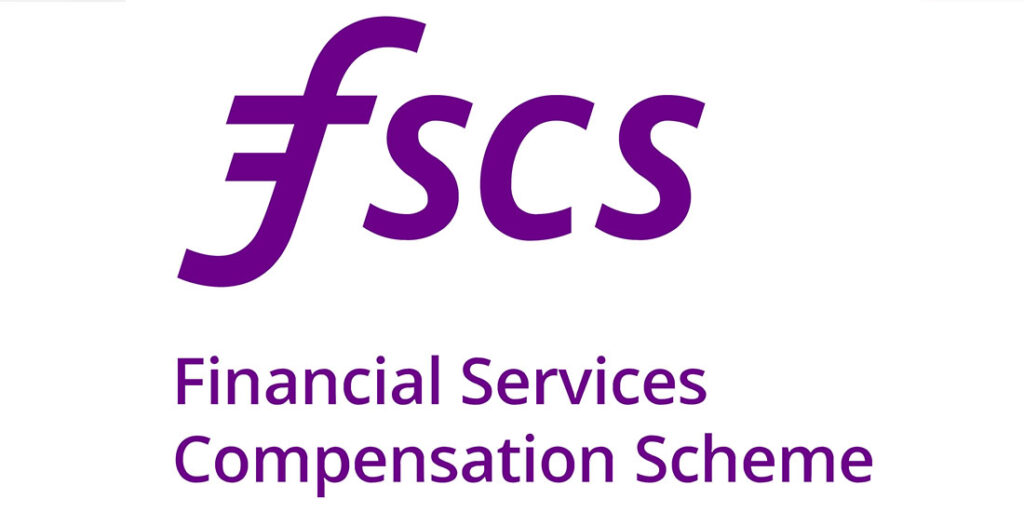
Property investment – not just for the super-rich
Many people are struggling to get on the property ladder, so finding the capital to invest in property may seem like a pipedream. The average purchase price for a buy-to-let property from 2016-2018 was £183,278 (MoneySuperMarket) with most lenders insisting on a substantial deposit before approving a BTL mortgage. Even if it is affordable, it’s rare to have the time required to commit to investing in property. However, there is an alternative way to invest.
With Kuflink, your investment is secured against UK property. So, whilst it’s not the same as traditional property investing such as buy-to-let or development, our peer to peer opportunities are backed by the same asset.
One of the biggest advantages of peer-to-peer is that you can choose how small or large an amount you want to put in. With Kuflink, customers can put in as little as £100 into an opportunity – a great way to ‘test the waters’ before you commit to a larger sum. Standard property investment doesn’t only involve huge deposit and mortgage costs, but also landlord maintenance costs, which are reported to reach £8,359 on average per year (Platinum Property Partners).
In addition to the flexibility, peer-to-peer firms have already combed through all the paperwork, so you don’t have to worry about solicitors or surveyors. Kuflink publish all the relevant details and reports alongside each opportunity, the cost of which can easily run into the thousands if you’re managing property yourself.
This also means that you don’t have to be a property aficionado to invest in peer-to-peer. We’re committed to giving you all the information you need in a clear, accessible way; this includes a synopsis of the loan, such as what the borrower is using the money for and their strategy for paying it back, and all the essential number-crunching such as the value of the asset.
Our alternative property investments are even suitable for those with lots of experience in the industry, as they provide a time-efficient solution to investing. The average 40-hour week doesn’t allow too much time for building and maintaining a comprehensive portfolio of property and, with leisure time often thin on the ground, our online platform means you can invest in minutes at whatever time suits you.
So, if you’re looking for a time and cost-efficient way to invest in property, why not consider peer to peer as an alternative to the traditional means?
Capital is at risk. Kuflink is not covered by the Financial Services Compensation Scheme.

From Big Banks to Bigger Potential: Kuflink CFO Tim Spurr
In decades gone by, banks enjoyed almost a total monopoly over financial services and the general public would rarely have considered looking elsewhere.
Today, reports show that two thirds of people use financial products from a provider other than their main bank, and it’s not just consumers that are being drawn in by the bright lights of Fintech – some of the banking industry’s most respected professionals are leaving the incumbents.
Kuflink’s Chief Financial Officer Tim Spurr, former Financial Director at Barclaycard, explores how the two worlds compare…
Banks are not focused on solutions
When we place our money in a bank, we expect to be able to withdraw it in full whenever we need and, in 99% of cases, that’s a service banks really deliver on. They’re able to provide that so reliably because they’re obsessive about risk. It’s the first and last thing they think about.
Banks over-optimise and over-engineer their systems and processes to mitigate risk, even if that means that changing anything or implementing new solutions is a process that drags out over months or years. Sometimes, finding an iron-clad solution takes so long that they miss the mark altogether and customers lose out on innovation – or they did, until Fintech came along.
Getting things done
For the most part, Fintechs aren’t challenging the incumbents on a product front but we are targeting the same customer base. And we’re much, much faster at finding workable solutions that can be delivered in real-time. Risk still sits at the heart of what we do and it’s essential that we keep our customer’s money safe, but our agility means we can respond to challenges as and when they arrive. There is no need for Fintechs to delay our innovations while we obsess over ‘what- ifs’, as tweaking our processes isn’t the year-long ordeal that it can be for banks.
It’s not a competition, it’s a partnership opportunity
Peer to peer lending disintermediates the banks and opens up the market, but it can’t substitute all the functions of a bank. Even if it could, challengers should expect the majority of people to continue banking with the trusted oligopoly whilst dipping in and out of Fintech. Solutions that deliver the best of both worlds are definitely possible; many of the products we have already adopted into our everyday lives fit neatly alongside a bank’s core systems without encroaching on their principles. The best part of these new ideas are the choice, variety and novelty they bring. We need to be clear that we aren’t here to replace the system – we’re here to expand it, disrupt it, and finesse it.
We have to make sure our investments in growth pay off
Like most other start-ups, we’ve been in an exciting phase of growth since we launched. There’s a keen market for both our loans and investment opportunities, and we’re regularly adding new products to the table. Going forward, our focus will be on working in a scalable, sustainable manner and ensuring that our unit economics deliver affordable operations at our full capacity. That’s where the teams’ vast experience in property and finance will shine through, as we have the right in-house knowledge to drive long-term success. All Fintechs start out with a great idea and Kuflink is no different, although our extensive and varied backgrounds are what give the company so much potential and make it such an exciting thing to be a part of.

Permitted development rights change becomes permanent
Following their introduction in 2013, permitted development rights that allow homeowners in England to extend their properties without the need for a full planning application will now be made permanent.
Permitted development rights mean that, instead of a full planning application, homeowners will only need to provide evidence that they’ve considered the impact on their neighbours. With the new regulations, prospective developers can build a single-storey rear extension on a property of up to six metres for terraced or semi-detached homes, extending to eight metres for detached homes. Homeowners will still need to notify their local planning authority regarding any proposed changes and, depending on the size of an extension, they may still be required to hold an official neighbour consultation. This is great news for homeowners who now hold fewer obstacles to overcome when they want to do significant work on their property.
For example, a young couple are living with family and don’t have the funds to get onto the property ladder, so they want to build a living space behind the current property. With the old rules they would have required planning permission, but the new regulations will streamline the process. The impact of these rules in their temporary period has been significant; over 110,000 extensions have been completed since 2014 in the UK.
In addition, new legislation has come in to benefit commercial properties; businesses can change the use of a property without planning permission. This means that if an insurance company moved into a property where a clothes shop used to be, the building could be changed into office space without the need for a full planning application. These rules will also allow commercial premises to be temporarily changed into community services such as a public hall.
If these new rules have got you thinking about extending your property, or perhaps you were already considering a change, contact our property finance team today to discuss how we could help kickstart your next project.
Contact us by email at hello@wp1www.kuflink.com or by phone on 01474 33 44 88

Meet the team – Investor Relations
Tell us about your role at Kuflink.
Lisa: I handle the support side, running our live chat system, and answering inbound emails as well as dealing with the ISA transfers.
Ranj: My role is to build and maintain relationships with our investors by creating a fantastic user experience. I also handle the corporate investors which often means meeting with them at Kuflink HQ or going out and about as a company representative.
Lewis: As a relatively recent addition to the team, I do a similar job to Ranj although I work with individual clients rather than the corporate ones. I also help welcome new customers by giving them a call to ask if they need any assistance or have any general questions about how peer-to-peer works.
Describe an average day in the Investor Relations department.
Lisa: It’s hard to pinpoint a typical day as there’s always loads of stuff going on; I’ll be answering multiple enquiries from investors, whether they are on the live chat system or over the phone, as well as working with different in-house departments.
Lewis: Liaising with Ranj on the plans for the day, we will see what’s come in overnight as well as the statistics for the previous day. Beyond that, we will be on the phones for the vast majority of the day helping investors however we can.
How does this role compare to other roles you’ve had?
Ranj: I’ve noticed that here there is more focus on customer experience, and always ensuring that our investors are happy and that their challenges are dealt with efficiently.
Lisa: Kuflink provides you with the tools to find your feet in the company, I started off elsewhere in the business and moved into Investor Relations. The company is always very supportive, and we’ve managed to implement a lot of the suggestions we’ve received from investors.
What has been your biggest achievement at Kuflink?
Lewis: For me it is teamwork; everything we do is a team effort, we are constantly liaising with each other and of course we have the same goal, to provide a great customer experience.
Ranj: One of my investors had a lot of queries about peer-to-peer at a time where there was a lot of negative media attention surrounding the industry, but I managed to reassure them and gradually build trust to the extent that they are now a satisfied customer.
What’s your favourite thing about working at Kuflink?
Lisa: It sounds clichéd, but I look forward to going to work because we have a great team that has gelled really well which helps us when we are working.
Ranj: You’re given a certain amount of independence and in a workplace where everyone is in one building it is easy to walk across the building to communicate with other teams and discuss our work. Also, being a natural people person, I’ve enjoyed building rapport with customers and maintaining those positive relationships.
Lewis: I received a lot of training when I joined, and the support has been ongoing. Ranj, Lisa and the whole team couldn’t have been more welcoming.

Brexit: Where are we at with 100 days to go?
Today marks 100 days until the UK’s extended deadline to officially leave the European Union and the beginning of Boris Johnson’s premiership, with many hoping he will provide a fresh sense of direction to the leaving process.
Since Article 50 was invoked in March 2017, we’ve seen the exit date pushed back, several deal rejections and a long list of ministerial resignations. In fact, the process has become so drawn out that many of us have lost track of where we are – so, as the deadline draws closer, what is actually going on with Brexit?
Deal or No Deal?
Currently, MPs are in the process of reviewing and amending an extensive bill. The bill details a transition period, known as an implementation period, that will last 21 months. During this time, the UK will need to follow EU rules but will lose membership of all EU institutions. This period can be extended by up to two years, but such an extension would have to be agreed by the UK and the EU. The implementation period allows businesses and the government themselves to prepare for a future outside of the EU.
One of the most hotly contested points within the bill is the Irish backstop, an effort to avoid a hard border between Ireland and Northern Ireland. As part of this backstop, Northern Ireland will have closer ties with the EU than the rest of the UK and more of the rules and regulations of the European Union will apply to them.
Earlier this week, the House of Lords backed an amendment to the Northern Ireland Executive Formation bill which restricts our new Prime Minister Boris Johnson from suspending parliament to introduce a no deal Brexit before the deadline.
Property Prices
According to data from Which?, the average UK house price fell each month from August 2018 to April 2019. [1] This dip has been most pronounced across London and the South East, with several prominent Northern cities enjoying decent house price growth since the Brexit referendum. Of course, it is hard to say how much Brexit is responsible for either of these trends, with many arguing that the market is simply experiencing a correction following the astronomical growth it has experienced over the past five years or so.
Investment Trends
Using each country’s best-known indices as a guide, the UK stock market has underperformed since the referendum in comparison with America and Japan, albeit still delivering satisfactory results. The American Dow Jones indices report a 34% rise and the Japanese Nikkei indices report a 33% rise, with the UK’s FTSE 100 reporting a comparatively modest 15% rise. [2]
As for peer to peer lending, there has been a greater focus on investors diversifying their portfolio across different platforms and securities but overall, investment into the P2P sector remains strong.
What Next?
As new Prime Minister Boris Johnson has publicly stated, he is committed to leaving the EU by the 31stOctober with or without a deal. However, the fact that many of his colleagues in both Houses are committed to negotiating a deal before we exit could cause complications as Brexit’s final 100 days get underway.
As for what happens next, you’ll have to stay tuned! But in the meantime, if Brexit has made you re-think your investment strategy or even just raised some questions you’d like to ask, feel free to get in touch with the team on 01474 33 44 88 or email hello@wp1www.kuflink.com.
[1] https://www.which.co.uk/news/2019/07/what-will-brexit-mean-for-house-prices/
[2] https://www.investec.com/en_gb/focus/brexit/how-to-brexit-proof-your-portfolio.html

Unsure about peer to peer?
When you first start out investing, there’s a lot of information to take in. No matter how you choose to invest, you’ll find people that swear by one method, and others who have had a different experience. Peer to peer investing is a growing market and whilst we can’t guarantee the quality of every platform out there, we think the industry offers some fantastic opportunities to earn extra interest on your spare cash.
Many new investors ask us the same questions, so we thought we’d share our answers here, but please do speak to a member of the Investor Relations team if anything else is on your mind!
How do I know you’ll manage my money responsibly?
Peer-to-peer firms are regulated by the Financial Conduct Authority (FCA), who have recently introduced tighter rules on how we advertise and manage investments. The FCA monitor firms to ensure they are providing a fair and transparent service, and that everything is in order behind the scenes.
We’re also are answerable to the Financial Ombudsman Service, who can act as a mediator between consumers and financial providers in the event of a dispute.
Ultimately, peer to peer investing necessarily involves some degree of risk, and even the most well-managed firms can’t guarantee your returns or that you’ll get your money back in full. We encourage investors to carry out their own due diligence before investing and always diversify across different loans, platforms and security types.
Who is making the decisions?
It can be difficult to know where to start when it comes to evaluating platforms, but we think the team behind them is a great place to start. Luckily, we have a team packed full of expertise! To name a few:
· Our Co-Founders have decades of successful experience in property investment, from commercial ventures and buy-to-let portfolios to ground-up housing developments
· Our CEO has years of high-level experience with a variety of companies such as Prudential and Towergate Group
· Our Head of Lender Relations has forty years of mainstream bank experience and has worked extensively in credit risk for high-profile clients
· Our Head of Collections, who is also a Director, joined the company following a thirty-year career at one of the country’s biggest banks
· Our Chief Financial Officer recently left as Finance Director for Business Development at Barclaycard to join the Kuflink team
· Our Chief Technical Officer is a technical architect who has 15 years of experience in building scalable and robust technology
Where do you get your numbers from?
We use independent surveyors to assess each security property and share their valuation report in full with our investors. We also have two separate credit committees that scrutinise every aspect of a loan before agreeing to fund it, from valuations to exit plans and even borrower credit histories, with the sole aim of making our opportunities secure.
How can I keep up with my investments?
One of the advantages of this kind of investment is that there’s no need to check in every day, but all the information you need to keep track of your money is available 24/7 via the Kuflink platform. You can also head over to our brand-new website where you’ll find handy articles, tips and tricks to help you stay up-to-date with industry news and exciting opportunities. We’re also working on a Kuflink app, which will make managing your money easier than ever right from your phone!
Still have questions? Don’t hesitate to get in touch with us using hello@wp1www.kuflink.com or 01474 33 44 88.
Kuflink announces Southampton FC partnership
The Premier League club’s first-ever official peer-to-peer investment partner is set to become a familiar face at St Mary’s Stadium as matchday sponsors.




